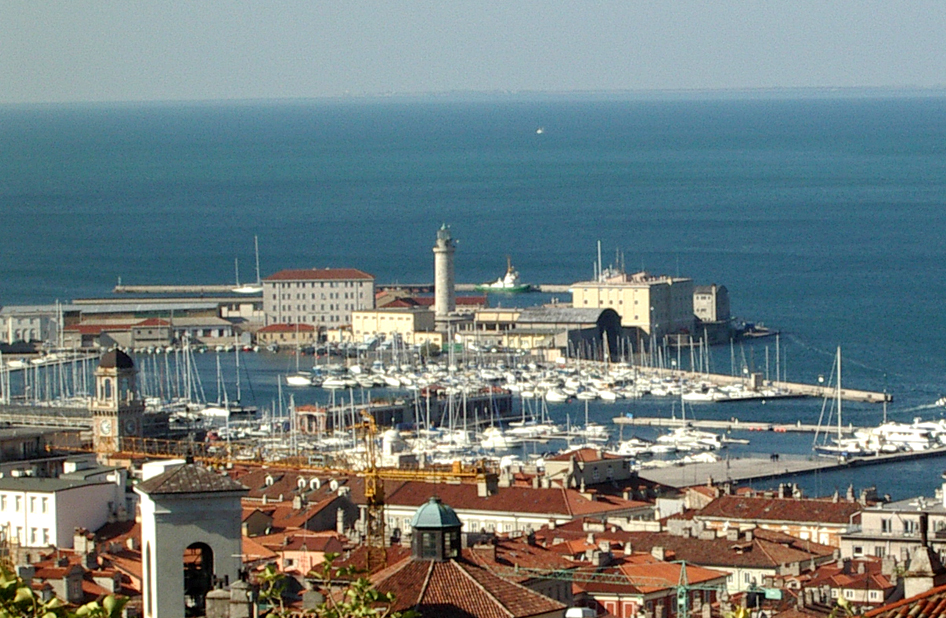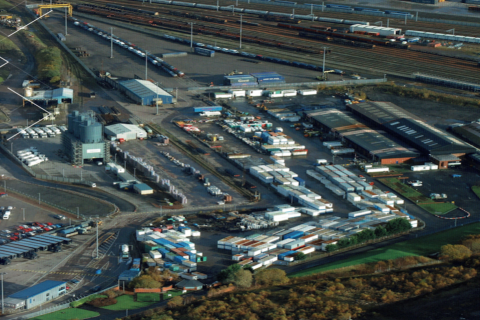ÖBB does it: entry in Trieste, customs in Austria

The Austrian Federal Railways (OBB) will launch a new connection between Italy and Austria to speed up customs operations at the port of Trieste. The service will in fact connect the port with Villach, in southern Austria. This service is expected to help to decongest the port of Trieste by moving containers directly from ship to rail and having customs operations carried out in Austria.
“The customs authorities of both countries are confident they will complete the necessary consultations before the end of this year”, said OBB. Once the consultations will be over, the rail corridor will be available for all the trains running between the port of Trieste and LCA Sud. Similarly to what Hungary did at the beginning of November, the port of Trieste will now function as an outlet on the sea for Austria and the Carinthia region.
More specifically, trains will be sent to the dry port Logistik Center Austria Sud (LCA Sud) in Villach-Furnitz, in the Carinthia region. This initiative aims at strengthening the role of the region by transforming it from a transit area into a logistic hub and creating a significant number of jobs. This will be possible because services such as the repair of wagons and containers will also be offered at LCA Sud.
OBB follows MSC in creating innovative and faster customs procedures
A similar initiative was launched in July by MSC in the port of Gioia Tauro, in southern Italy, with the Fast Corridor system. Fast Corridor can be considered an immaterial infrastructure that allows for a faster and more efficient intermodal logistics system. Through geolocation devices, in fact, containers can now be digitally tracked in real time. Just like the OBB project, Fast Corridor makes it possible to carry out customs operations directly at the logistics hub.
Also read:
- Hungary in Trieste: will it boost Italy’s role on the New Silk Road?
- Mercitalia’s high-speed rail freight service in Italy is no more
- Port of Genoa: the Genoa Junction Project might be delayed one year
You just read one of our premium articles free of charge
Want full access? Take advantage of our exclusive offer





